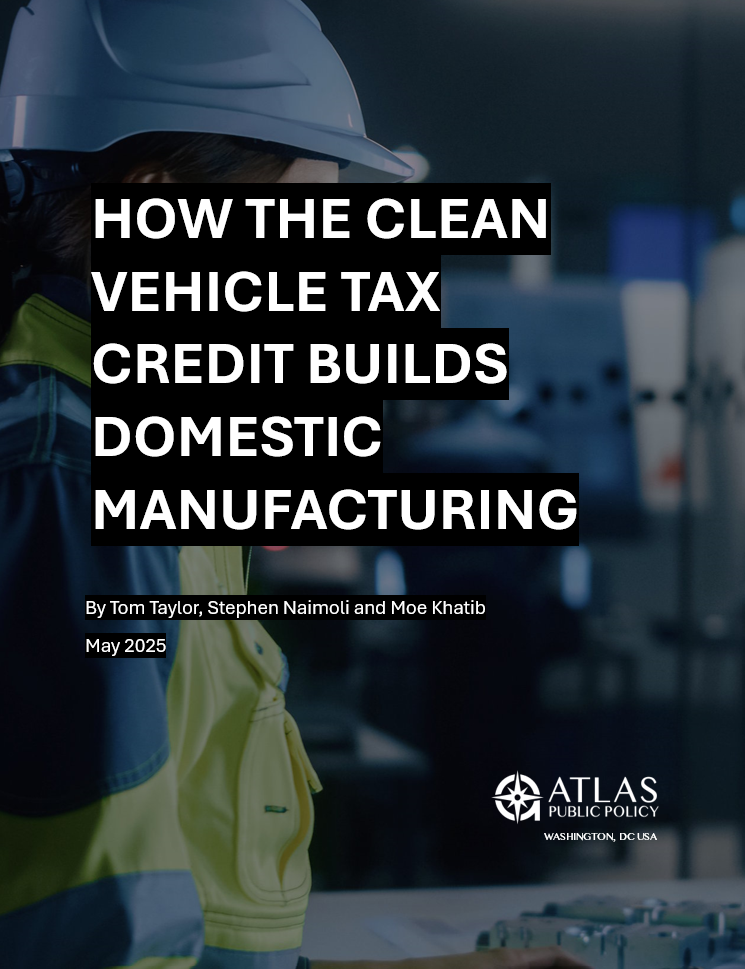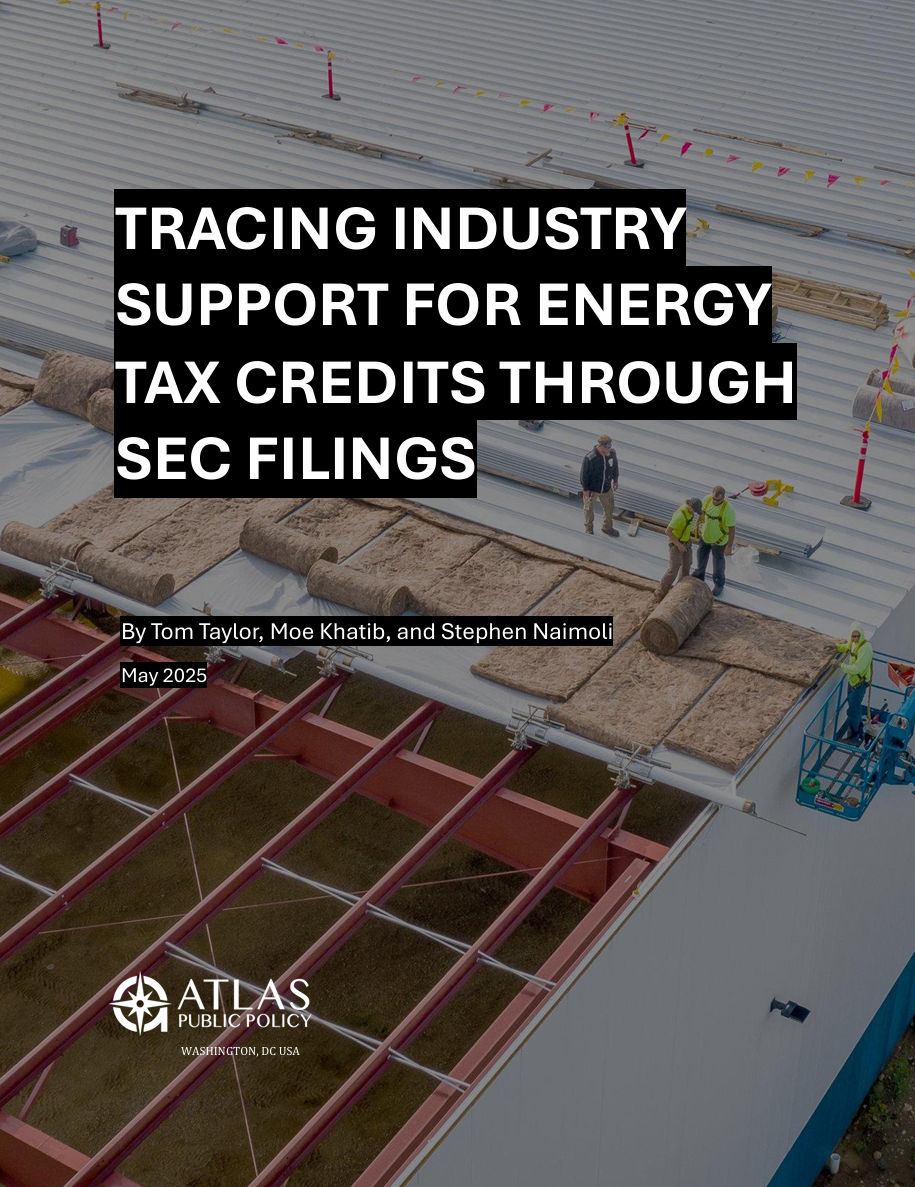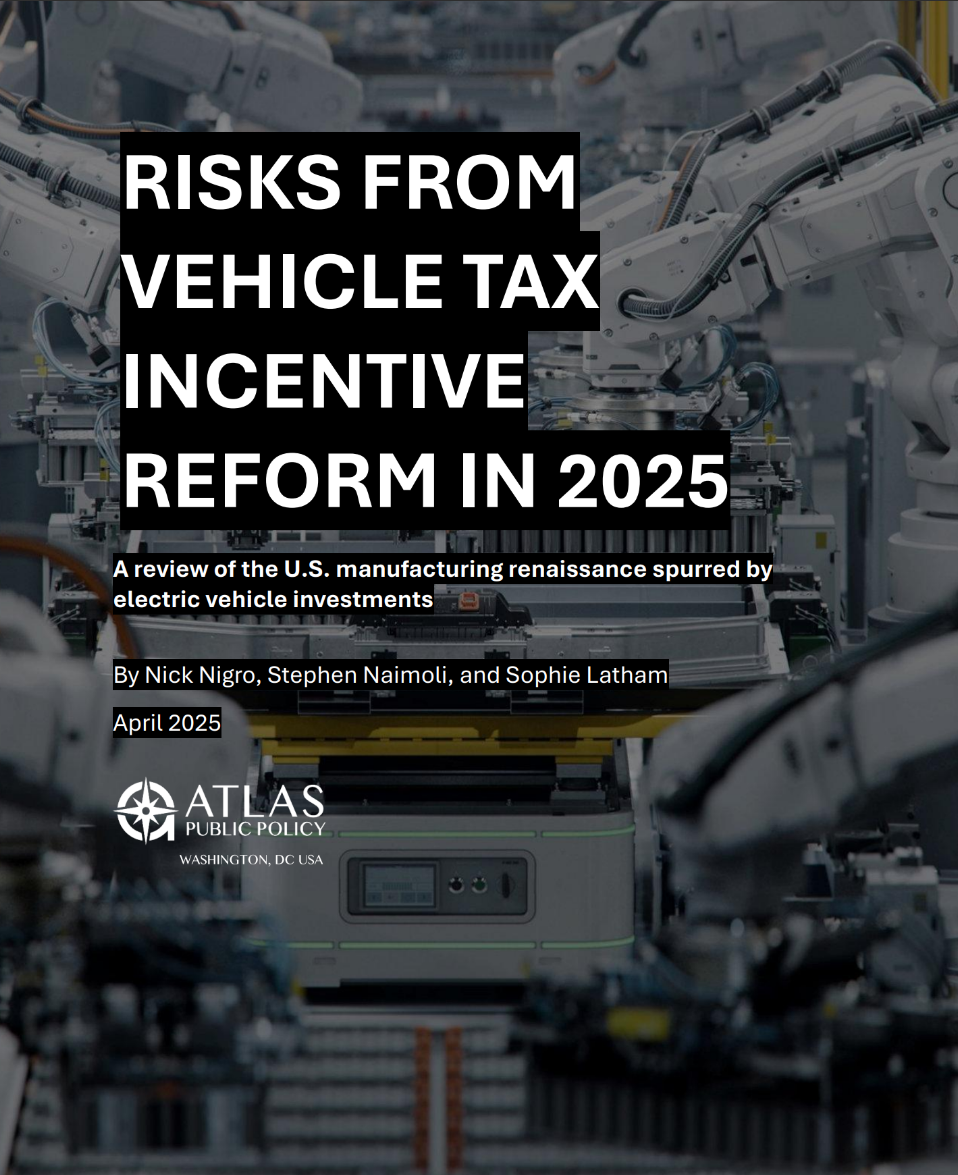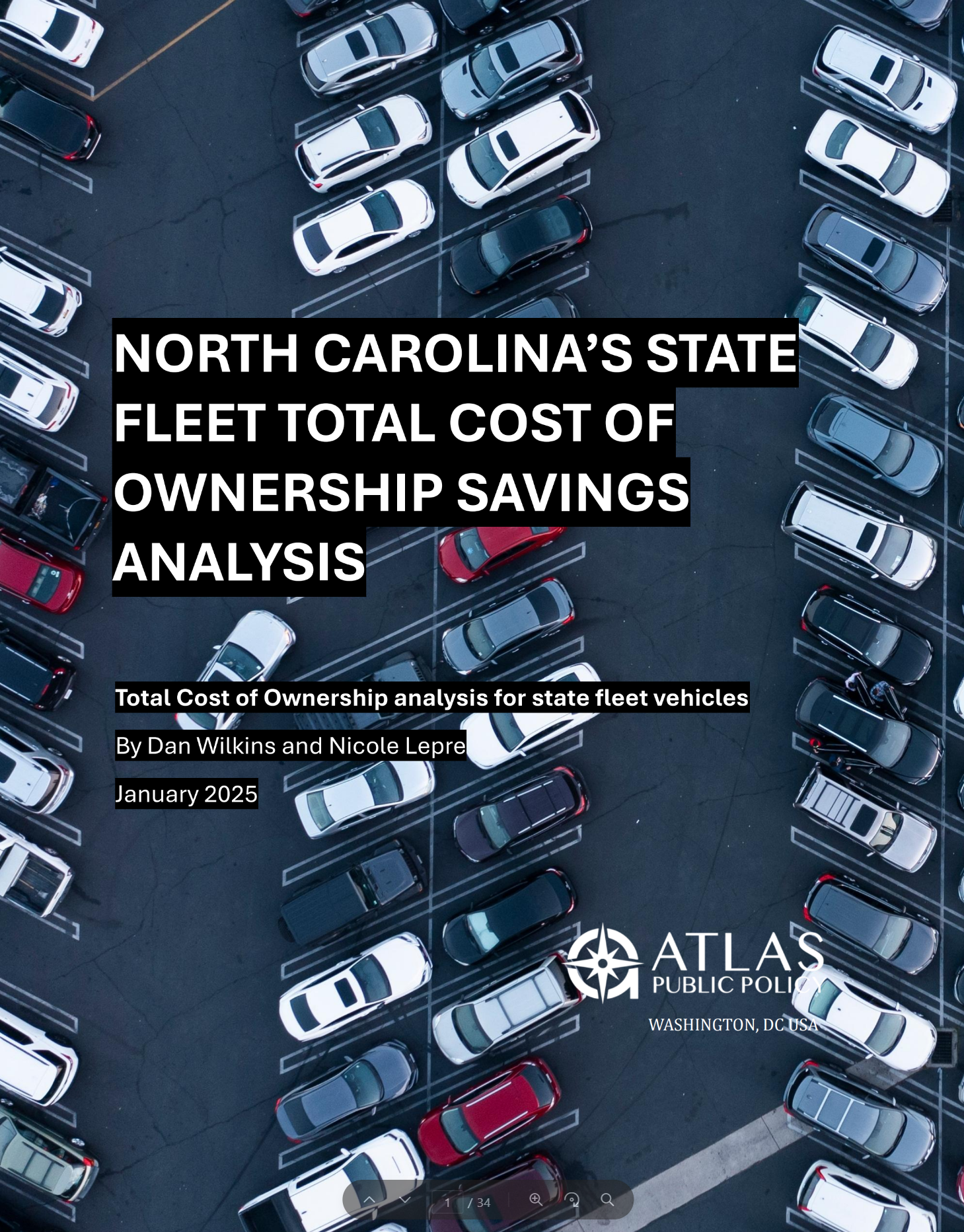The New Clean Vehicle Tax Credit is a cornerstone policy driving the growth of the U.S. electric vehicle (EV) and battery manufacturing industry, positioning the country to catch up to global EV leaders like China and Europe. The credit, revised in 2022, provides up to $7,500 for eligible EVs assembled in North America and meeting strict sourcing criteria for battery components and critical minerals. As of early 2025, it has helped spur $41.7 billion in announced investment and more than 72,000 jobs across 18 active facilities, with another $20.2 billion and 19,600 jobs planned. These benefits are concentrated in Republican-led districts, illustrating the widespread economic impact. Research shows that eliminating the credit could jeopardize 130,000 direct and 310,000 indirect jobs by 2030, underscoring its role in supporting domestic manufacturing. While limitations in available data mean the full supply chain impact is undercounted, the credit clearly incentivizes automakers to localize production, with companies like Rivian, Hyundai, and Nissan adjusting supply chains to maintain eligibility. Overall, the New Clean Vehicle Tax Credit is critical to sustaining U.S. competitiveness in the global EV market and ensuring the long-term vitality of American manufacturing.




